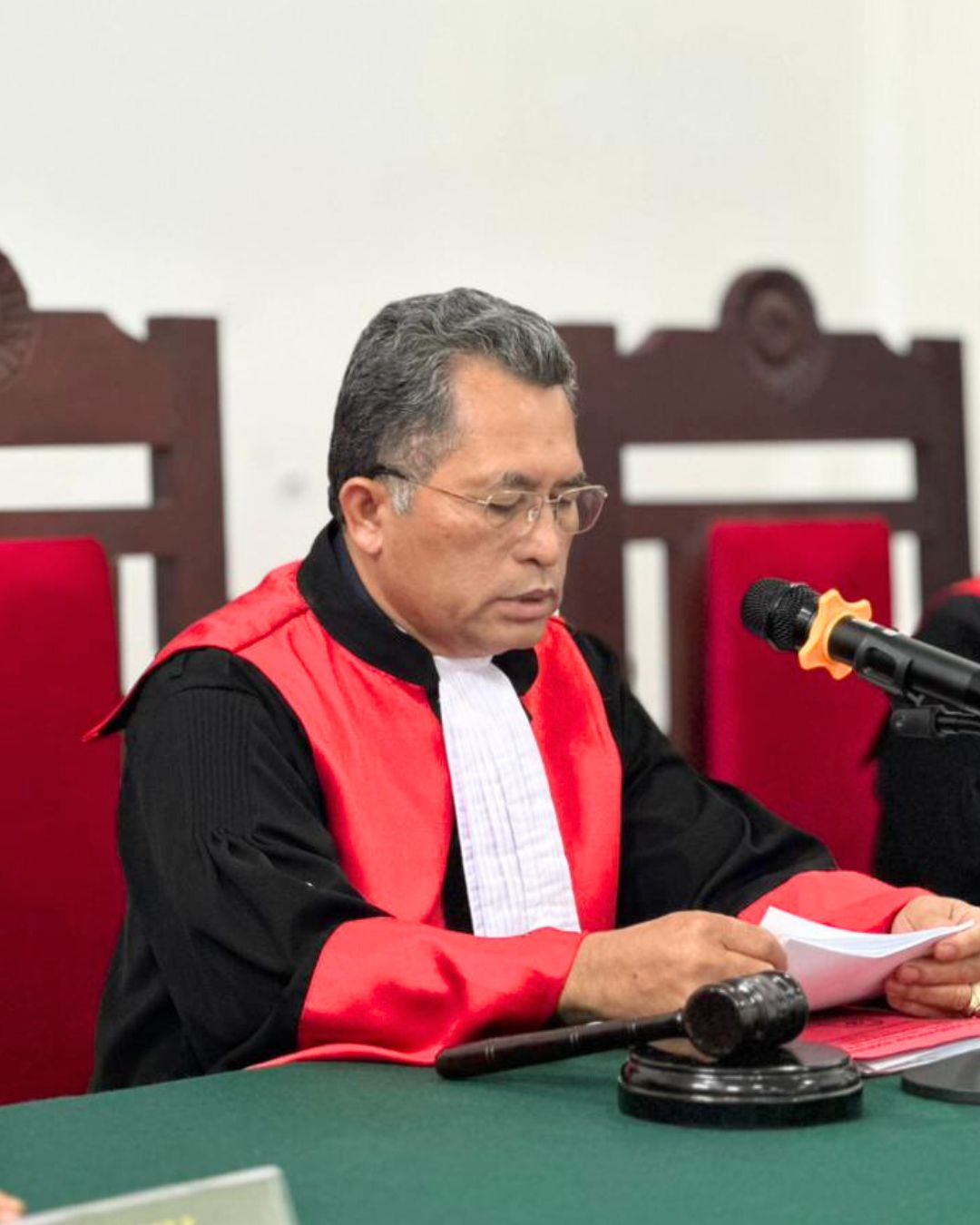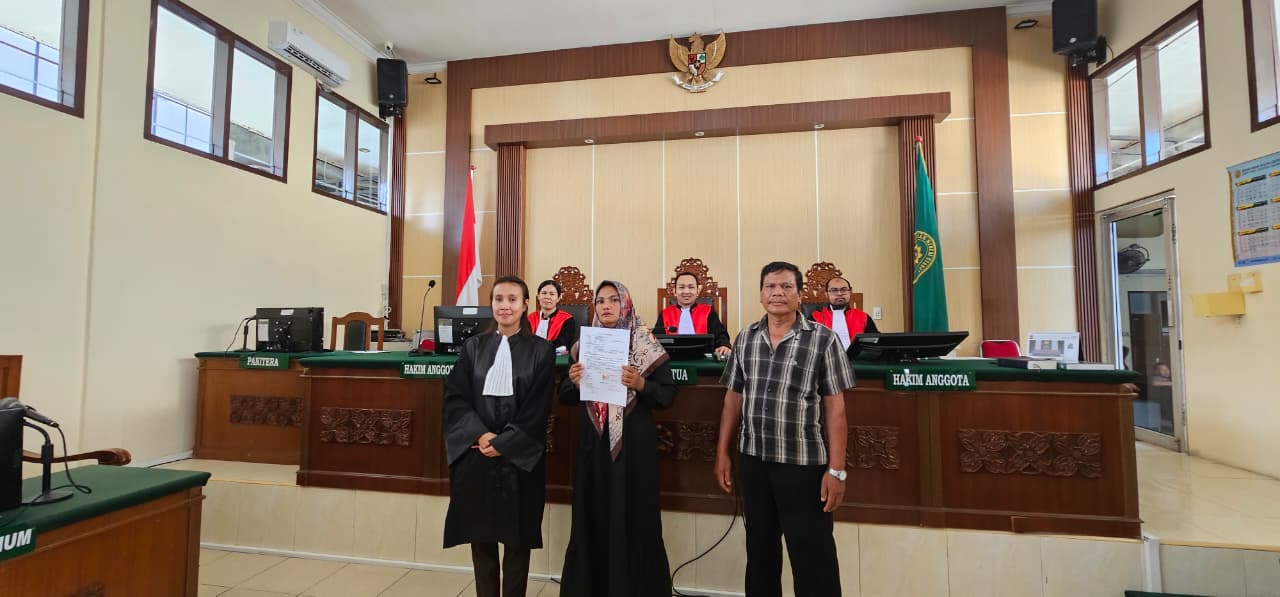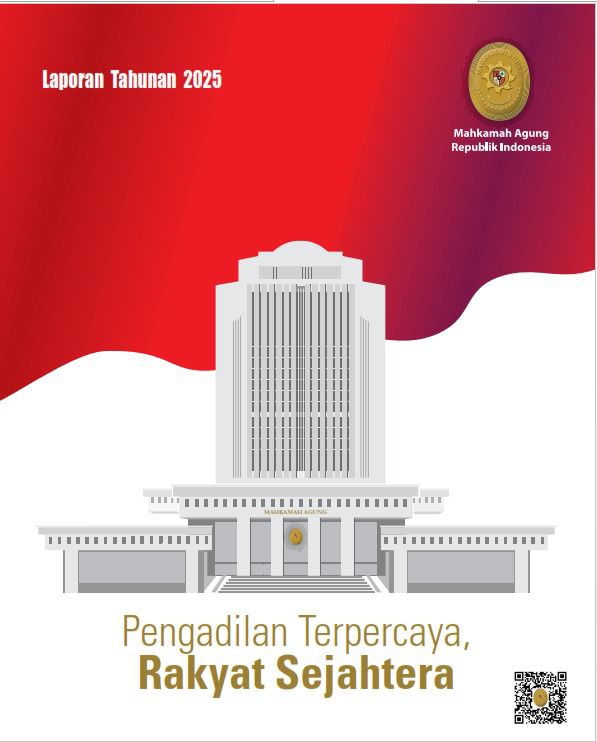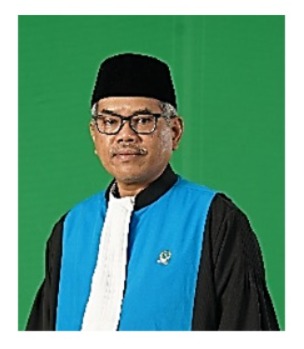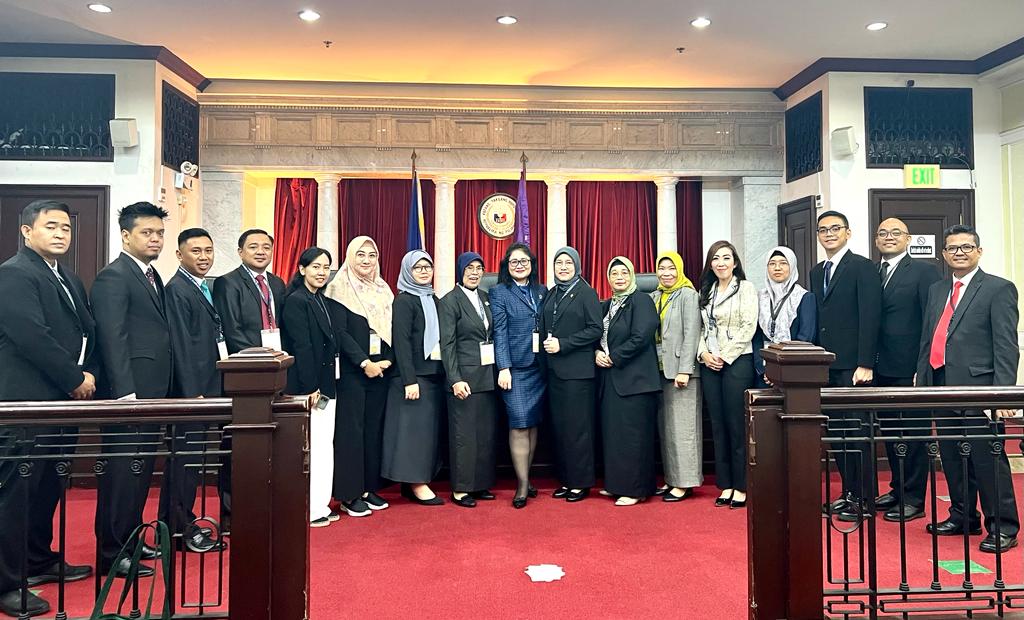Indonesia has been shocked once again by news of bullying among students. This bullying has even allegedly resulted in the death of a student. Many expressed their regret over the incident, as the alleged bullies were students who were active in campus organizations. Most of them made apology videos to the victim's family, which temporarily quelled the issue.
Despite apologies from the alleged bullies and acceptance from the victims' families, the phenomenon of bullying continues to recur over time. Many people hope that this case can be resolved through the criminal justice system. But then this sparks a question: Is criminal law effective in addressing bullying? Or are there other ways for the government to address this issue effectively?
The General Principles of Criminal Law
In criminal law theory, there are two important general principles recognized: the Primum Remedium principle and the Ultimum Remedium principle. The Primum Remedium principle underlies "the priority application of criminal law" to resolve legal issues. This principle assumes that the application of criminal law is the only viable solution when legal problems arise in society. In contrast, the Ultimum Remedium principle explains that the application of criminal law should be used "as a last resort" in law enforcement and assumes that there are still alternative solutions other than applying criminal law. [1]
An example of the application of Primum Remedium is when criminal law is confronted with serious criminal cases such as terrorism, corruption, and so on. There are no other alternatives to resolve such serious crimes. Ultimum Remedium, on the other hand, can be applied to less serious criminal cases with relatively minor consequences, such as drug abuse or defamation.
What about cases of bullying?
Indonesian criminal law does not explicitly regulate the crime of bullying. However, particular actions and consequences of bullying can be subject to criminal law. For example, if the bullying takes the form of physical violence against the victim, then this could be covered by articles regulating assault. Furthermore, bullying that takes the form of defamation or threats can also be subject to criminal provisions governing these matters. But in the practice of bullying that often occurs, it usually takes the form of teasing of the victim. And if we are talking about ‘teasing’ in the context of bullying, specifically teasing by child perpetrators, this may not have a direct impact on a person's physical condition, but it can cause relatively serious harm to the victim's psychological condition. This is an important issue that needs to be properly regulated by the government. However, whether this should be regulated through criminal law or other effective measures by the government requires further discussion.
In response to the previous paragraph above, in my opinion, the application of criminal law to address bullying has not yet yielded optimal results. Three things need to be considered:
Criminal law seems blunt. It operates ex post (after the act occurs), while bullying requires prevention and early intervention;
The risk of over-criminalization. If every act of bullying, especially in the form of teasing, is subject to criminal prosecution, this could lead to over-criminalization of bullies, especially child perpetrators;
The deterrent effect of criminal law is not always achieved. Bullies do not automatically stop simply because they are punished, and sometimes even strengthen their aggressive behavior after serving their sentence.
Based on what has been described above, it is more appropriate to resolve this bullying problem by using a criminal law approach as the ultimum remedium.
Finding the root of the problem and alternative solutions
Baca Juga: Cultural Shock Amidst The New Indonesia Criminal Code
Rather than proposing a quick resolution to bullying through criminal law, the government is expected to properly identify the root causes of bullying. This needs to be thoroughly studied, as bullying often occurs not because of "malicious intent" on the part of the bullies, but rather because of other issues such as the bullies' need for social recognition, or imitating aggressive behavior from their home or their inner circle, or it can also be caused by trauma or past experiences of the bullies.
After successfully identifying the root of the problem, it is crucial for the government to seek alternative solutions. One good example is Finland's KiVa Program to reduce the number of bullying cases. The KiVa Program has three key elements: prevention, intervention, and monitoring. Prevention means preventing bullying from occurring. Preventive actions, such as the KiVa curriculum, are directed at all students and focus on preventing bullying. Student lessons and online games are concrete examples of these actions. Intervention means tools to tackle bullying. The interventive actions in KiVa are targeted specifically at children and adolescents who have been involved in bullying. The goal is to provide schools and students with solution-focused tools on how to end bullying. And last, Annual Monitoring involves KiVa offering tools to monitor the situation in schools through annual online surveys for both students and staff. This feedback provides schools with information on how to improve their antibullying work. [2]
Conclusion
The application of criminal law to address bullying is ineffective. By accurately identifying the root cause and seeking effective alternative solutions, the government, together with the entire society, is expected to prevent the recurrence of bullying cases that could harm future generations of Indonesia. Seeing the many cases that continue to occur to this day, serious handling and intervention by the government regarding bullying cases is felt to be very urgent.
Reference:
[1] Zainal Arifin Mochtar & Eddy O.S. Hiariej. (2021). Dasar-Dasar Ilmu Hukum Memahami Kaidah, Teori, Asas, dan Filsfat Hukum. (Jakarta: Red & White Publishing), pg. 175-176.
[2] The KiVA Program can be accessed at https://www.kivaprog
Baca Juga: Menjamin Independensi Hakim: Urgensi Pengaturan Gaji dalam UUD 1945
*Yonatan Iskandar Chandra, S.H., M.H. (Judge at the District Court of Singaraja, Bali)
Untuk Mendapatkan Berita Terbaru Dandapala Follow Channel WhatsApp : Info Badilum MA RI


